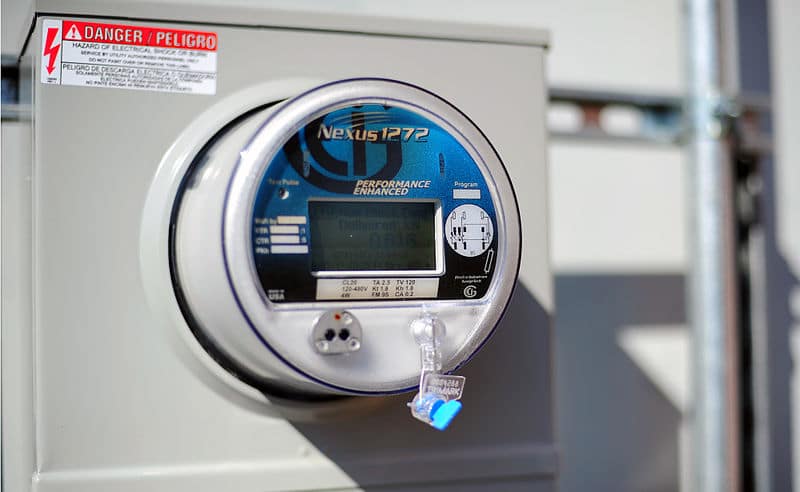The AEMC review will assess what is required to facilitate retail innovation so smart meters can propel the energy market towards one that is two-sided – where all energy users actively buy and sell electricity or their demand for electricity. It will also look at whether the metering roles and responsibilities under the existing rules need revising.
In 2017 the AEMC introduced new rules around competition in metering, including transferring responsibilities for metering away from distribution network service providers to metering coordinators. The reforms were designed to drive a market-led deployment of smart meters, increase competition, encourage new products, services and pricing to benefit consumers, and give them better information about their energy use.
There have however been a number of implementation issues, including customer satisfaction, and the AEMC is now seeking to determine whether the original rules have met expectations and if changes are required.
“We committed to reviewing the change after three years to assess how the market had developed. During those three years, the energy landscape has changed significantly,” the AEMC said in a statement on Thursday.
“While smart meter use has not accelerated to the degree some people expect, this technology will be integral to work now under way to help the power system transition.”
Smart meters shapes as key to integrating distributed energy resources such as solar PV, electric vehicles and battery technology. They are also an important consideration in developing a two-sided market, which is one of several post 2025 market development initiatives being led by the Energy Security Board.
Figures released by the AMEC show that smart meter penetration in the national electricity market (NEM) is only at about 20%. It has been steadily increasing for the past five years and in October 2020, there were 1.04 million – 17.4% penetration – smart meters installed across the NEM (excluding Victoria).
In a consultation paper released on Thursday, the AEMC said it did not have “specific expectations” relating to the speed at which the rollout of smart meters would be achieved but said many stakeholders had already indicated that their expectations had not been met and they expected more smart meters to have been deployed by now.
“Although the numbers are steadily increasing, whether the rate of the rollout meets expectations and current requirements is a key question for this review,” the AEMC said.
The review will also explore what benefits smart meters are providing consumers and what services they might be deliver in the future.
“The review we conduct will be broader than originally envisaged when we first drafted the metering reforms back in 2015,” the AEMC said.
“Not only will we look at the ability of small customers to appoint their own metering coordinator and whether some form of access regulation is required for metering services, we will also look more holistically at the entire framework governing metering.”
The AEMC is seeking stakeholder input on the regulatory framework with submissions open until February 11, 2021. A reference group will also be established with interested stakeholders invited to register their interest.
This content is protected by copyright and may not be reused. If you want to cooperate with us and would like to reuse some of our content, please contact: editors@pv-magazine.com.









By submitting this form you agree to pv magazine using your data for the purposes of publishing your comment.
Your personal data will only be disclosed or otherwise transmitted to third parties for the purposes of spam filtering or if this is necessary for technical maintenance of the website. Any other transfer to third parties will not take place unless this is justified on the basis of applicable data protection regulations or if pv magazine is legally obliged to do so.
You may revoke this consent at any time with effect for the future, in which case your personal data will be deleted immediately. Otherwise, your data will be deleted if pv magazine has processed your request or the purpose of data storage is fulfilled.
Further information on data privacy can be found in our Data Protection Policy.